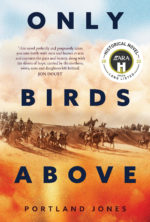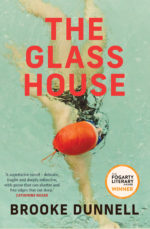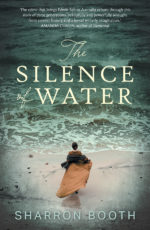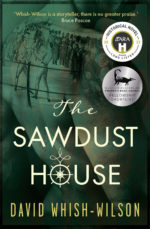Bianca Breen reports from the Great Big Book Club’s historical fiction panel on the importance of sharing our stories
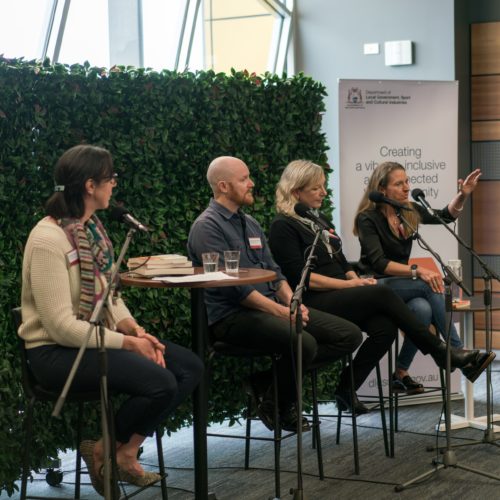
At the 2022 Great Big Book Club held at Success Library with Fremantle Press, historical fiction authors David Whish-Wilson, Sharron Booth and Portland Jones made the writing process sound equal parts challenging and rewarding.
Moderator and author Brooke Dunnell kicked off the discussion by having each author introduce their book. Despite their vastly different plots and time periods, the level of care and dedication put into the novels was immense, as each author was drawn into the stories of those from the past for different reasons.
For all three authors, these weren’t the novels they initially set out to write. For David, James ‘Yankee’ Sullivan, the main character in The Sawdust House, first cropped up while researching another book. For Sharron’s novel The Silence of Water, learning about convict Edwin Salt brought to light the lack of records about the women married to convicts. And for Portland Jones, research on her great-grandfather, a prisoner of war in a Japanese labour camp, uncovered stories about the 10th Light Horse Regiment, which inspired her book Only Birds Above.
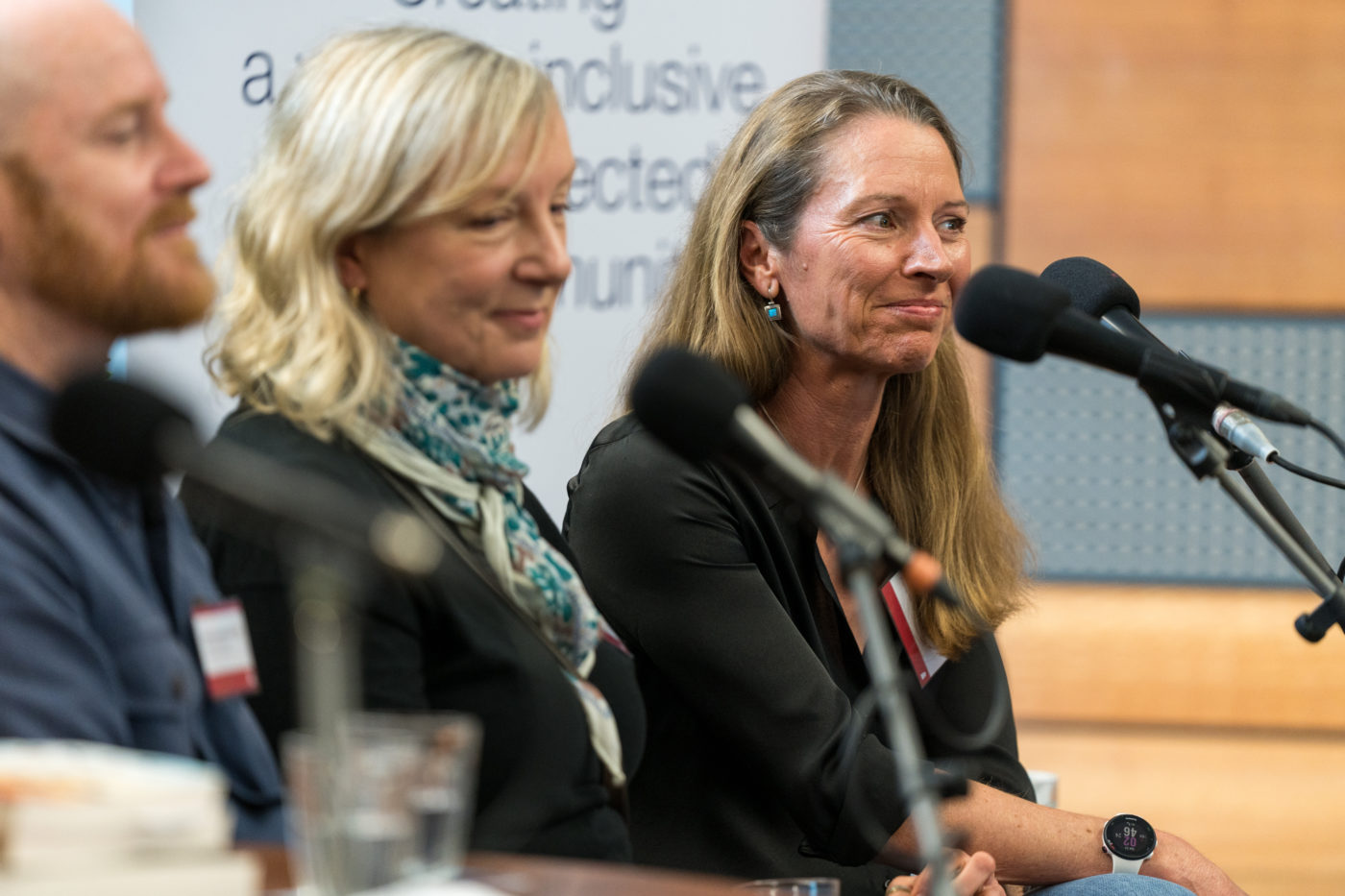
Like all writing, historical fiction comes with its joys and challenges, but the authors generally felt more of the former. All three agreed that the research involved in writing their novels took them to some incredible places around the world. David and Portland travelled to distant locations for records and information. Portland said, ‘It gives you life experiences you wouldn’t have otherwise and you get to meet interesting people. It’s almost surreal.’
Sharron found her joy was also her challenge. ‘You have to fully imagine and creatively present characters in a way that might honour them,’ she said. With the subjects of her story long gone, Sharron thought she could never really know the truth, but she tried to be fair and accurate. When dealing with such an unlikeable character as Edwin Salt, she felt the challenge lay in needing to be fair to the real people involved and finding the balance between not writing Edwin as a monster, but not making excuses for his actions either.
David’s challenge was closer to the writing itself, as he adopted the old English spoken in the mid-1800s by finding authentic language in court records and adopting a similar style in his writing. In fact, he quite enjoyed acting as his character’s ‘transcriber’.
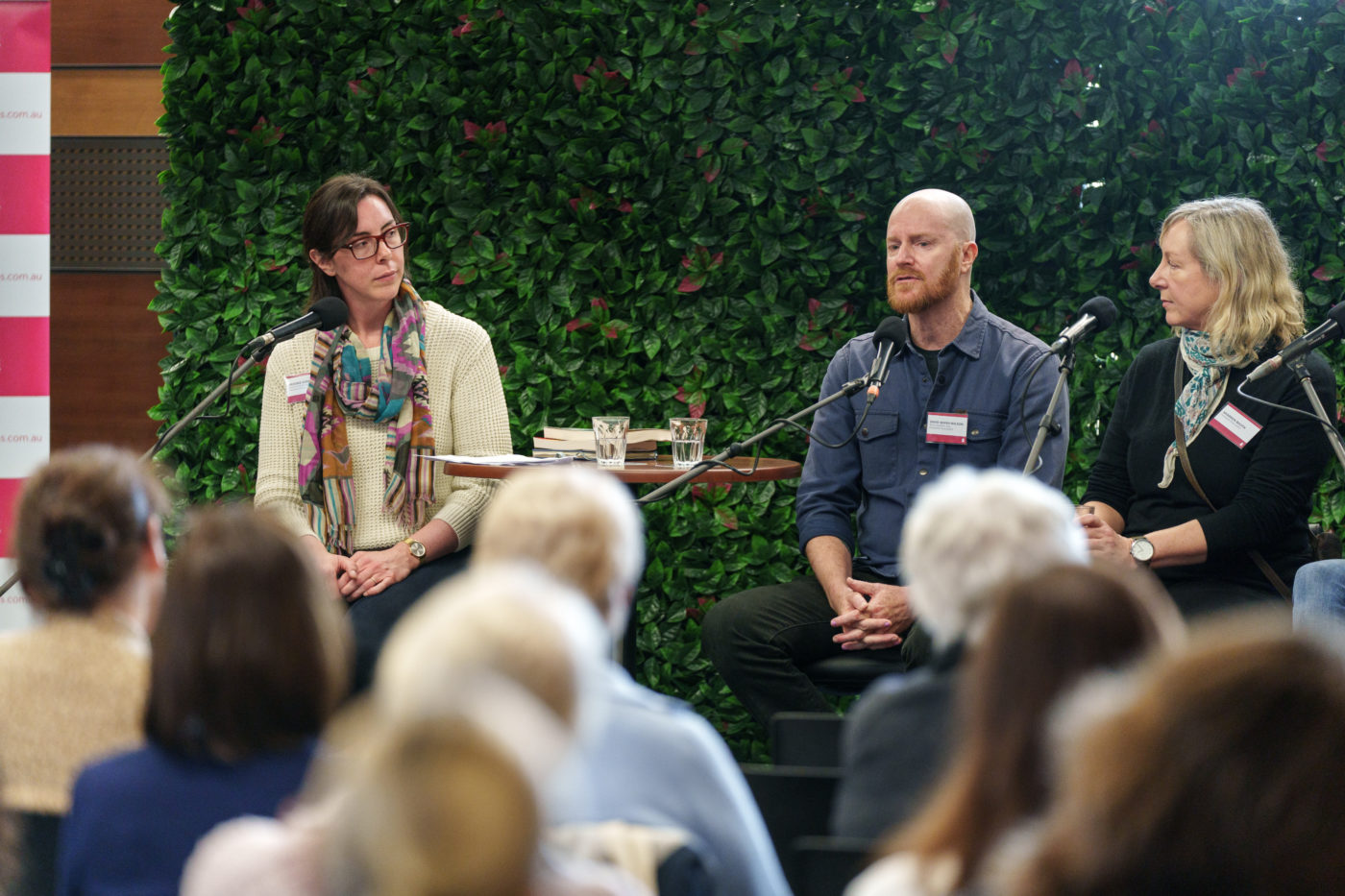
With such deep research comes the discovery of hidden facts. When Brooke asked whether there were any historic titbits uncovered during their research that didn’t make it into the novels, the authors had plenty to share. Portland uncovered massacres and terrible events that made her wonder ‘why don’t they teach this in school?’. Sharron developed a fascination with Australian convicts – and specifically, those who stayed in Australia – and she encouraged the audience to search for the convict in their family. Historical fiction is, as David explained, ‘all of us and all of our stories.’ Portland agreed, adding that writing historical fiction is like ‘writing the prequel to your own story,’ especially in her case, as her novel was sparked by her own family’s history.
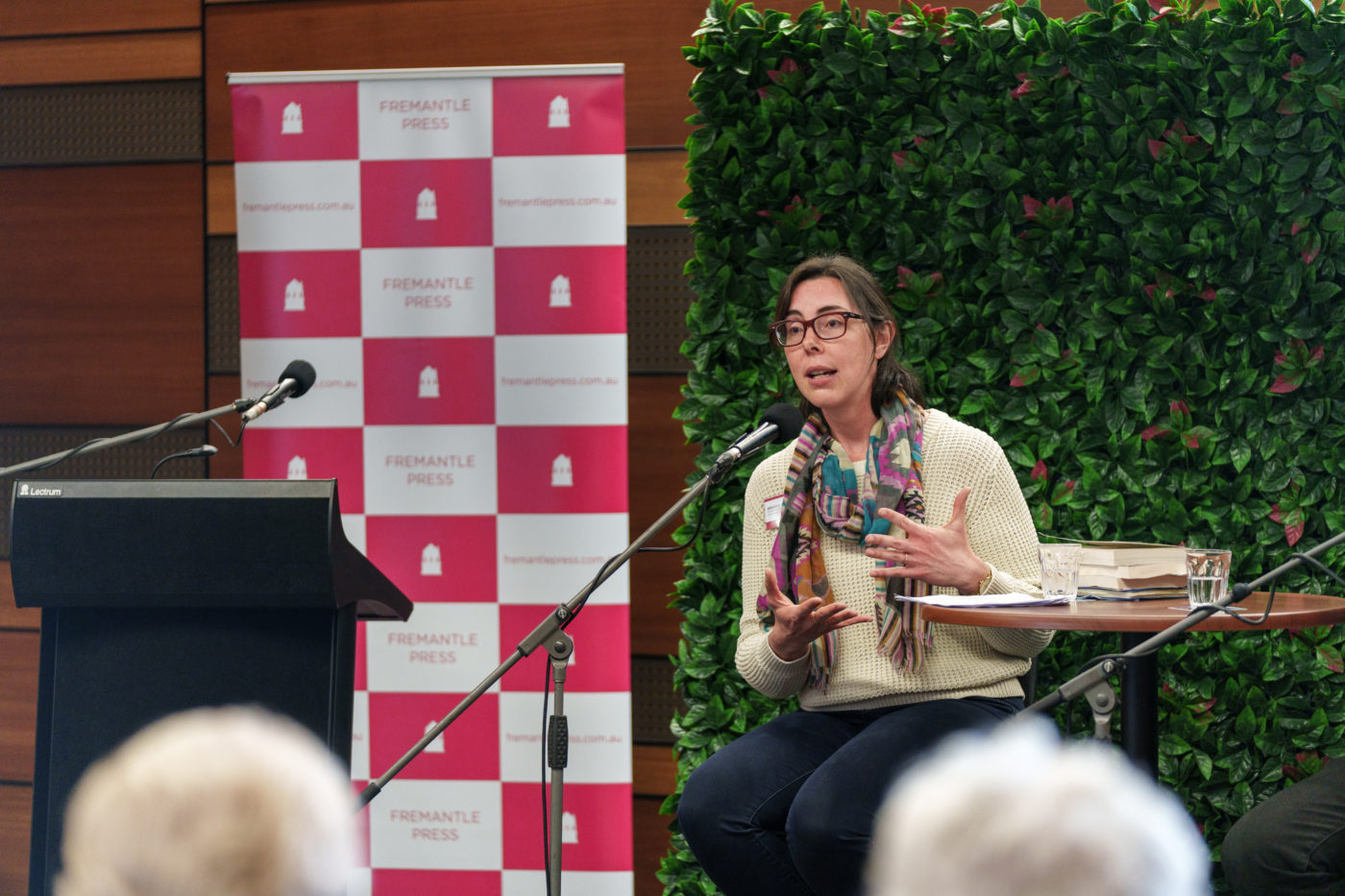
When Brooke asked whether the authors felt like they owed a debt of gratitude to the real people behind the stories or whether being historical figures they were just available, all three authors agreed that felt a sense of responsibility and did owe those people. David rightfully pointed out that many of these figures have family that are still alive, and that writers should try to be true to the characters. Sharron set out to ‘restore some dignity to the women I had read about,’ placing a contemporary and compassionate lens on what happened to the them.
Combining research with the creative freedom of fiction means historical fiction comes with many real responsibilities and challenges, but is worth the work to tell the stories that belong to all of us.
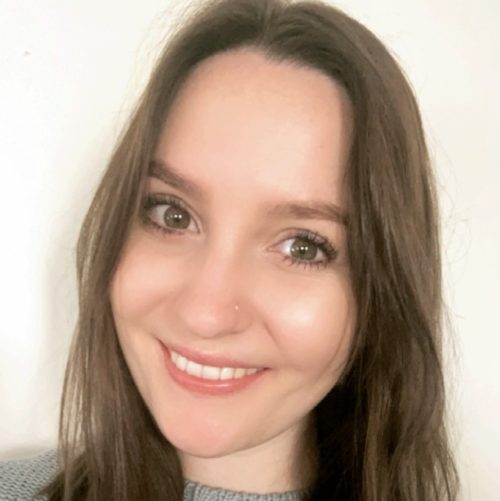
About Bianca
Bianca Breen is a volunteer at Fremantle Press and an emerging Children’s and YA fantasy writer with a passion for Australian authors and stories. She is the creator of YA for WA and Communications Director at #LoveOzYA. She holds a BA of Creative Arts from La Trobe University and is one of the winners of the 2021 ASA/CA Award Mentorship Program.



